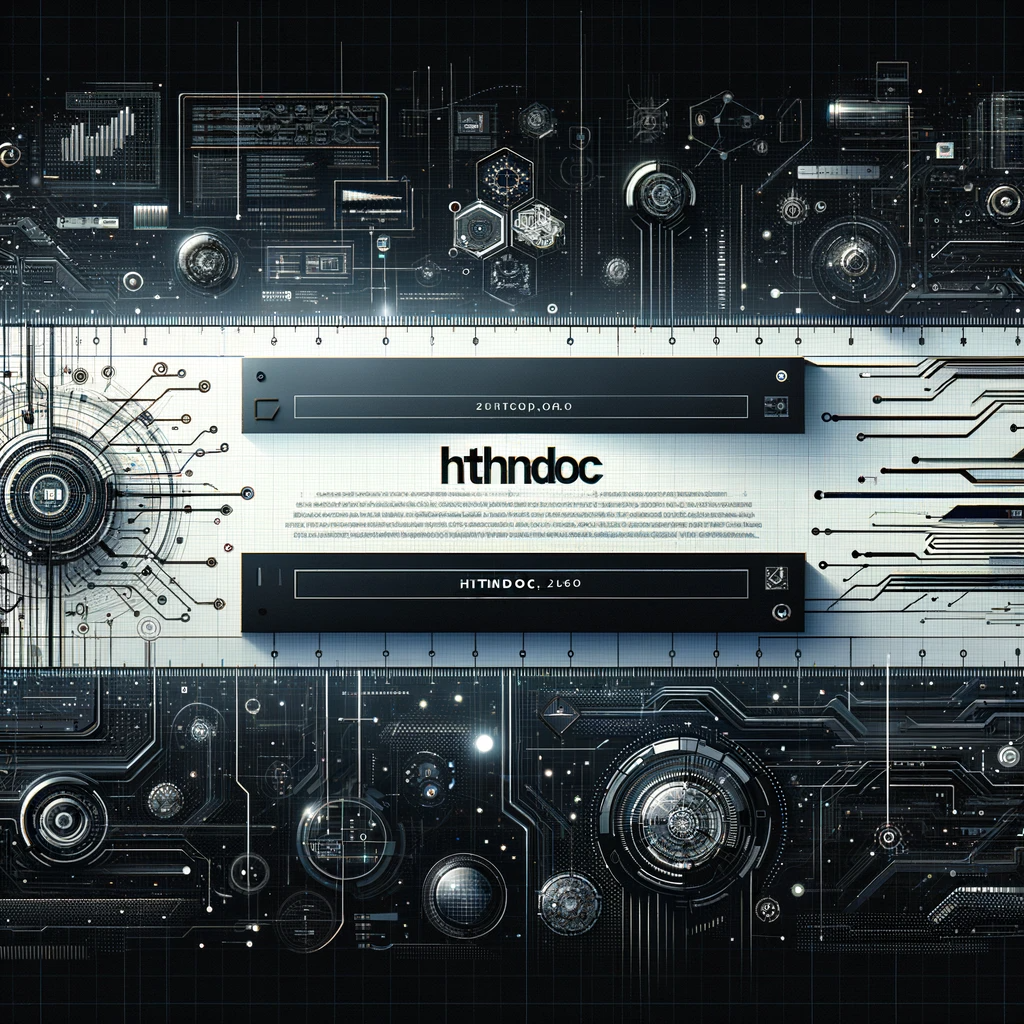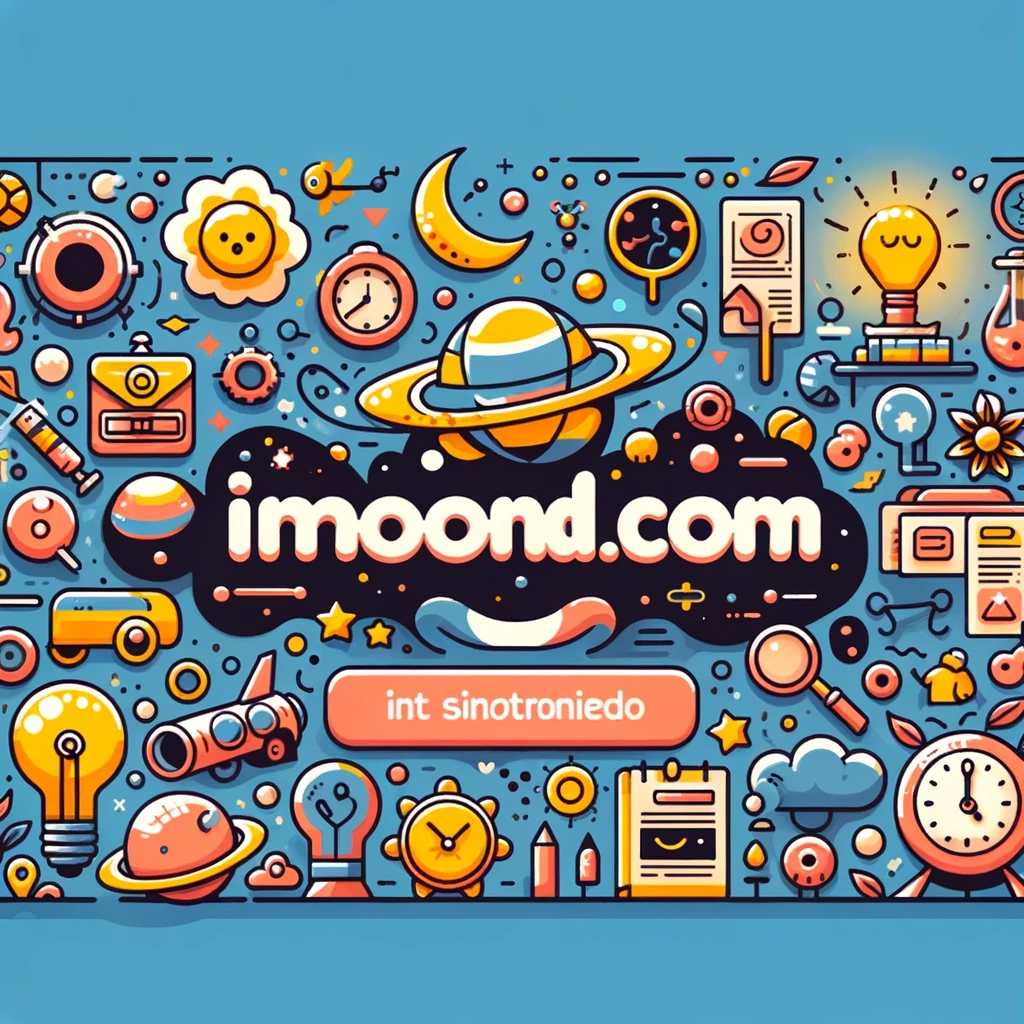Volkswagen is joining the trend of generative artificial intelligence by announcing plans to install OpenAI's ChatGPT
Volkswagen is joining the trend of generative artificial intelligence by announcing plans to install OpenAI's ChatGPT in its vehicles starting in the second quarter of 2024.
The chatbot will be available across VW's range, including Tiguan, Passat, and Golf, as well as in the automaker's ID electric vehicle family. The feature will debut in Europe first and is also under consideration for customers in the United States, although plans are yet to be finalized.
VW is using ChatGPT to enhance its in-car voice assistant IDA to enable more naturalistic communication between the car and the driver. Vehicle owners can use the new supercharged voice assistant to control basic functions such as heating and air conditioning or to answer "general knowledge questions" (although, given ChatGPT's occasional tendency to provide inaccurate information, caution is advised).
If you're scratching your head wondering why you would need ChatGPT in your car, VW claims that future features may demonstrate its value. The company states, "Enriching conversations, clearing up doubts, interacting in an intuitive language, receiving specific vehicle information, and much more, all completely hands-free."
VW promises that it won't force you to create a new account or install apps. The chatbot can be activated using the "Hey IDA" activation command or by pressing a button on the steering wheel. OpenAI won't have access to your driving statistics, according to VW. The questions and answers are "immediately deleted to ensure the highest level of data protection."
Last year, OpenAI announced plans to release a platform for creating customized versions of ChatGPT for specific use cases. These artificial intelligence agents, which OpenAI calls GPTs, will be accessible through the company's GPT Store.
Most vehicle voice assistants are fairly standard, capable of performing tasks like turning on seat heaters or defrosting windows but lacking conversational abilities and often struggling with more complex navigation requests. False positives and the need to repeat instructions vocally are common. Many automakers rely on third-party options like Google Assistant and Amazon Alexa.
ChatGPT and other large-scale language model-based chatbots are known to provide false information, and OpenAI is facing numerous defamation and copyright infringement lawsuits.
While many automakers are using the CES annual conference in Las Vegas to announce plans to empower their vehicles with generative AI and large language model technology, VW is the first to officially adopt the chatbot that is best known for sparking the latest AI arms race.
VW claims it can integrate OpenAI's chatbot into its vehicles thanks to Cerence, a third-party software company that builds "automotive-grade" ChatGPT integrations. The company's Cerence Chat Pro software will enhance VW's voice assistant so that it can "provide relevant answers to virtually any type of imaginable question."
It's quite significant that while other automakers are "testing" the value of ChatGPT for use in vehicles, VW is moving ahead and implementing it. Despite being one of the world's largest automakers, VW had a challenging year in 2023, with disappointing sales growth, software glitches, and layoffs. The company is clearly looking for some kind of boost, and jumping on the AI bandwagon seems designed to give it a sheen of technological inventiveness.
Hopefully, it has taken notes when internet sleuths discovered that a Chevy dealership in California was using ChatGPT for its online assistant.

.jpeg)



